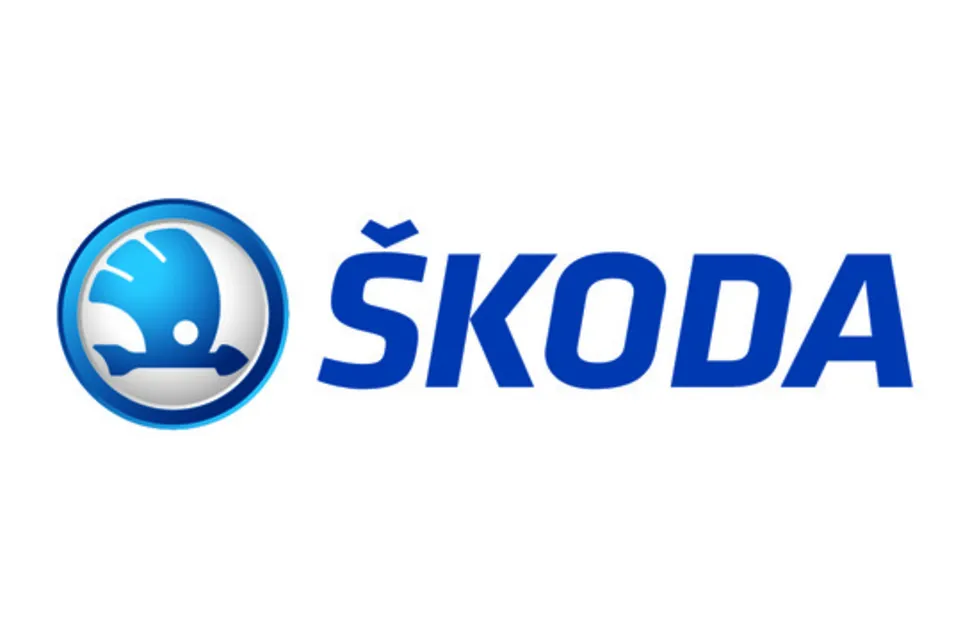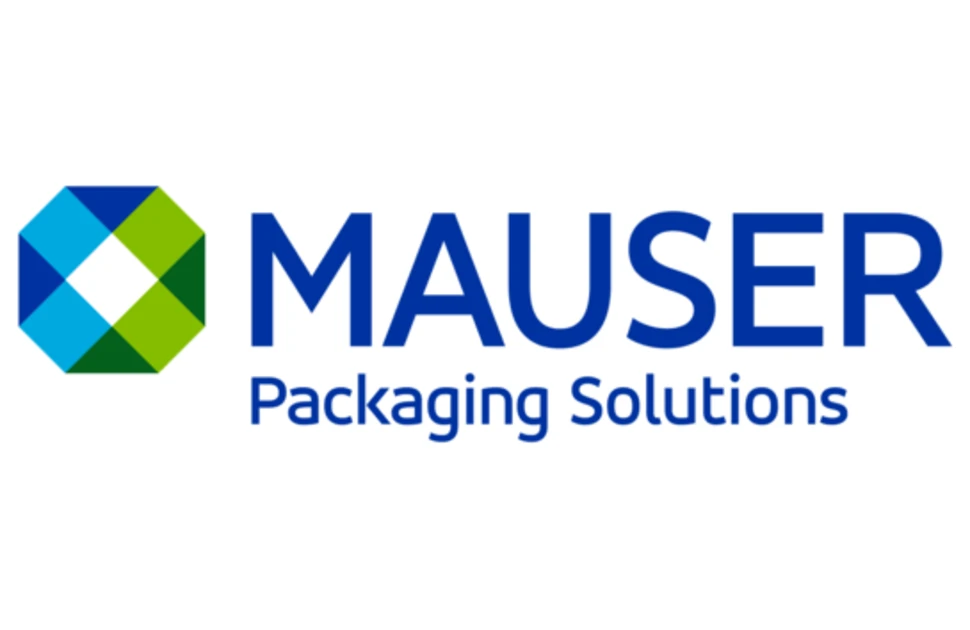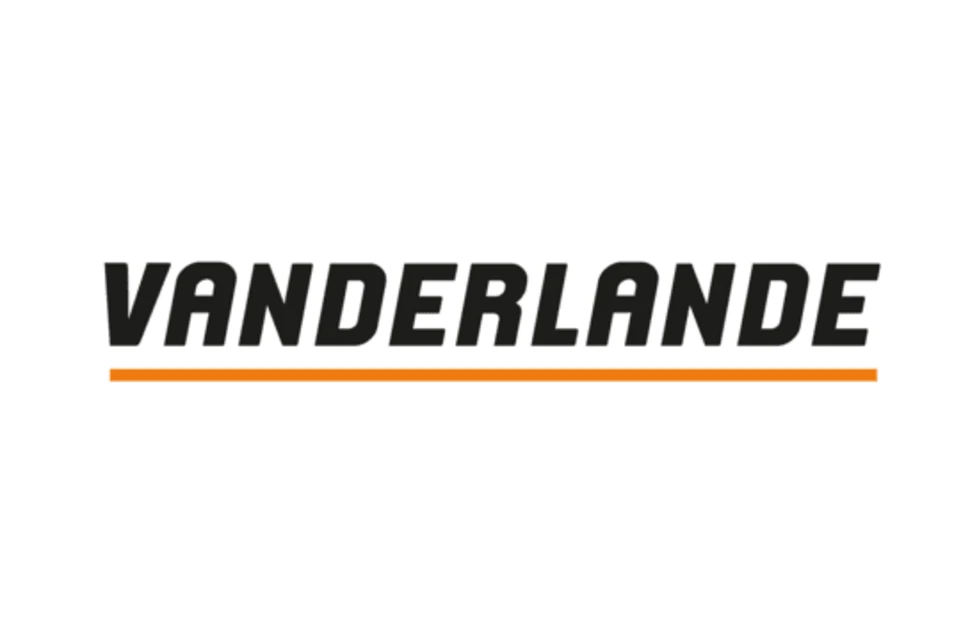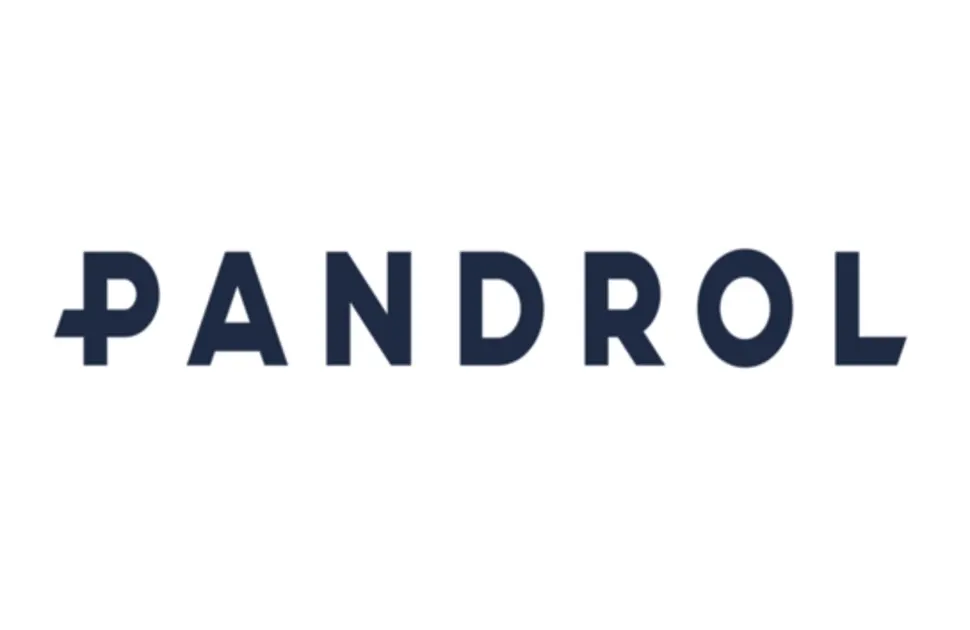Growing defence measures likely after EU’s tariff hikes
Increased calls for sanctions to protect stainless steel producers from the growing capacity of Chinese and Indonesian mills could limit supply options and apply upward pressure to prices.
The European Commission concluded its anticircumvention investigation into imports of Indonesian-origin material in stainless steel cold rolled (SSCR) products imported from Taiwan, Turkey and Vietnam in early May.
The Commission found that imports into the EU increased by 174% from Vietnam, 49% from Taiwan and 42% from Turkey during its January 1, 2020, to June 30, 2023, investigation period.
Consequently, the Commission will apply the existing countervailing duty (CVD) rate of 20.5% on Indonesian SSCR to imports from those countries. It will also extend Indonesia’s 19.3% antidumping duty on SSCR to include Taiwan and Vietnam.
The suspension of the current 6.8% antidumping duty for Taiwanese companies that have not been granted an exemption to the new measures will avoid a double imposition of duties. However, imports from non-exempt businesses will still face combined duties of almost 40%.
In March, MEPS reported that some European steel buyers had resumed ordering from seven SSCR suppliers in Taiwan, Turkey and Vietnam after they were listed as exempt companies in provisional documents published by the Commission.
An eighth company was added to that list in May’s official ruling. Consequently, that early return to ordering will not result in additional duties on imports from those suppliers.
Calls for import restrictions in Turkey
Some MEPS respondents have expressed concerns about the level of import protection now in place for Europe. The same concerns have been voiced by end-users in Turkey after Posco Assan, one of the companies exempt from the new duties on Indonesian-origin steel, called for greater protection of the Turkish stainless steel industry.
Posco Assan, a joint venture between South Korea’s Posco and Turkey’s Kibar Holding, claims to have enough capacity to meet 80% of Turkey’s stainless steel requirements. It has called for a new antidumping investigation into stainless imports from China, Indonesia and Taiwan.
Turkey’s import duty on material from these countries currently stands at 12%. Posco Assan argues that this low rate has made Turkey an open market for producers unable to sell into the more heavily protected EU and US markets.
It argues that protecting domestic producers will attract new investments in the sector that would result in lower production costs and reduced prices.
However, Turkish stainless-consuming sectors currently facing low profit margins and subdued demand fear that import restrictions will result in price rises.
Minimal effect of new US duties
MEPS’s latest research period also covered US President Joe Biden’s announcement of increased import duties on steel from China. The planned increase from 0-7.5% to 25% for the Section 301 tariff rate – levied in addition to Section 232 tariffs and antidumping and countervailing duties – will be introduced this year.
This is unlikely to tighten supply or result in price increases, however. In quarter one of 2024, Chinese-origin SSCR accounted for just 1.6% of US stainless steel imports.
Despite a request from the Brazilian Steel Institute, IABr, stainless steel will not be subject to a new 25% tariff being introduced on steel imports into that country.
Recent forecasts from the International Chromium Development Association (ICDA) state that stainless steel production will rise by 5% in China (to around 40 million tonnes) and 20% in Indonesia (to around 5.5m tonnes) in 2024. This would take their combined share of global production to almost 73%.
In light of such growth, calls for increased trade protection measures may become increasingly common.
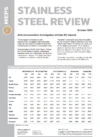
Source:
Stainless Steel Review
The MEPS Stainless Steel Review is an invaluable monthly guide to international stainless steel prices and includes the latest global stainless steel industry analysis.
Go to productRequest a free publication
